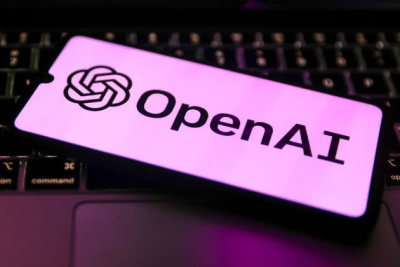A coalition of prominent Canadian news publishers has filed a lawsuit against OpenAI, alleging copyright infringement in the development and operation of its generative AI system, ChatGPT. The coalition includes The Canadian Press, Torstar, Globe and Mail, Postmedia, and CBC/Radio-Canada, some of the country’s most notable media outlets.
Allegations Against OpenAI
In a joint statement released on Friday, the publishers claimed OpenAI has been using their news content to train ChatGPT without authorization or compensation, describing the practice as a direct breach of copyright.
“OpenAI is capitalizing and profiting from the use of this content, without getting permission or compensating content owners,” the statement said.
The plaintiffs argue that such practices not only violate copyright laws but also undermine the substantial financial investments made in journalism. They emphasize that their content is legally protected and its use must be fairly negotiated.

“News media companies welcome technological innovations. However, all participants must follow the law, and any use of intellectual property must be on fair terms,” the publishers added.
OpenAI’s Defense
In response, OpenAI issued a statement defending its practices, asserting that its AI models are trained on publicly available data. The company claims this approach is grounded in principles of fair use and international copyright norms, which they argue both support creators and foster innovation.
OpenAI also highlighted its collaboration with news publishers:
“We collaborate closely with news publishers, including in the display, attribution, and links to their content in ChatGPT search. We also offer outlets easy ways to opt-out should they so desire.”
Wider Context and Implications
This lawsuit marks the first of its kind in Canada, but similar cases are underway in the United States. The New York Times, for example, has initiated a lawsuit against OpenAI and Microsoft over comparable issues.
Some news organizations have chosen to collaborate with OpenAI rather than pursue legal action. For instance, The Associated Press, The Wall Street Journal, and The Atlantic have signed licensing deals allowing their content to be used for AI training in exchange for compensation.
In Canada, the broader landscape is shaped by the country’s Online News Act, which mandates that platforms like Google and Meta compensate news publishers for using their content. Google recently agreed to pay CAD 100 million (approximately USD 71 million) to Canadian publishers, while Meta removed news from its platforms in response to the legislation.

A Complex Legal Battle
The outcome of this case could have significant ramifications for the relationship between AI developers and content creators worldwide, particularly in how intellectual property laws apply to emerging technologies like generative AI.
Source: Associated Press via Reuters









